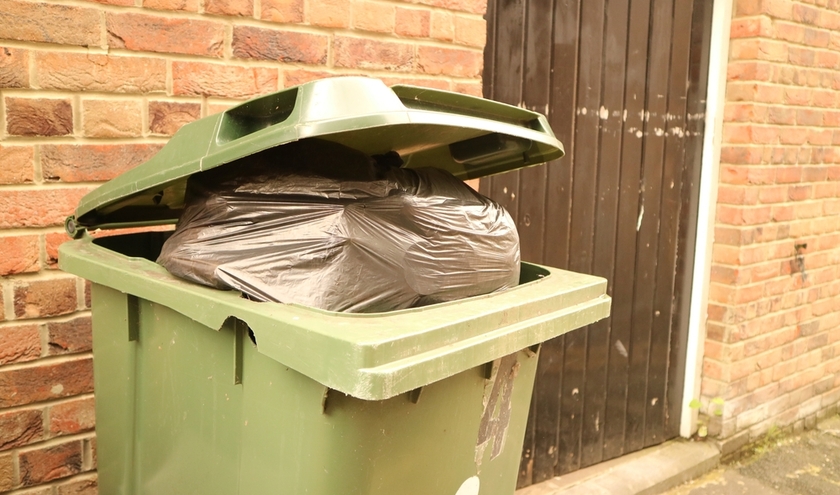Local authorities are the frontline of delivering waste services. They have enhanced practices driving greater efficiency, especially for recycling. However the financial demand is still over £5bn just for managing ‘stuff' thrown away by all of us.
The real harm is to our planet, including more than half our emissions and 90% of biodiversity and loss of wildlife. Land and water stress can be traced back to how much we consume.
Local authorities have a transformative role to move beyond our ‘take-make-waste' economy as we move to a zero waste society. It is vital to rethink the role of local places, communities, economic models, and technologies in reducing consumption and living with the planet's precious resources, to leave a better environment for future generations.
Imagine it's 2045: we are thriving in connected communities, living in clean, resilient and green urban landscapes. Traditional models of ownership have shifted to leasing, rental and sharing economies. Our food systems are localised; community growing and sharing is embedded into the urban landscape. Food waste is minimised through local redistribution of surplus food, recirculation to animal feed, and recirculation of nutrients from food discards.
Grocery shops are filled with local seasonal produce, packaging is refill by default, and high streets are dominated by a service economy, with shops and community hubs providing rental and repair services. Products are designed for longevity and repairability to maximise economic benefits.
Our green urban centres are optimised for active, low resource-use modes of travel. Vehicles are electric and shared, products designed and built to optimise efficiency, longevity, repair and reuse. The streetscape is punctuated with reusable return points and water refill locations are the norm. Standardised packaging is returned, collected and sent to central washing hubs to be recirculated to packaging users.
None of this is particularly revolutionary; we already see many of the solutions in action. The transition to a zero waste society will, however, demand visionary leadership from us all.
Join Local Partnerships on Wednesday 23 October at 12.15pm at the LGA Conference to share your views on the role of local authorities in our zero waste societies of the future.
This column is brought to you by Localpartnerships.gov.uk



